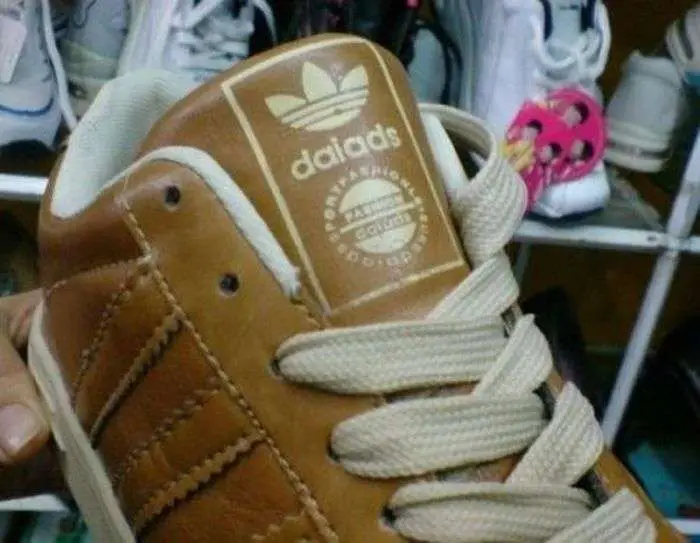International Amazon Business and a Valid Supply Chain
By: Vincent Famularo, Paralegal, and CJ Rosenbaum, Esq., AmazonSellersLawyer.com

Counterfeiting is a huge problem in the global e-commerce marketplace. This multi-billion-dollar industry tarnishes the names of big brands, corporations and diminishes the credibility of sellers of authentic products. Amazon, as a platform, is targeted towards solely benefiting the buyer; therefore, they have been trying to crackdown on counterfeit suppliers. However, Amazon’s policies often hurt the innocent seller as well as stop counterfeiters.
How to Prepare In Advance for Inauthentic Suspensions
If you are selling on Amazon, you should always be prepared for the “inauthentic” allegation from Amazon. As we have discussed in many posts, when you receive an accusation of “inauthentic” from Amazon, Amazon is not necessarily accusing you of selling fake goods. Amazon’s accusation of “inauthentic” seems to merely seek documentation that confirms that you are sourcing your products from reliable distributors.
Addressing “Inauthentic” Accusations When Sourcing Goods from Abroad
If you are an Amazon seller and you source your products from an international manufacturer, supplier, or distributor, we suggest that you maintain documentation in a manner that you can easily provide it to Amazon when it is needed.
For example, if you are having products manufactured for you, maintain the documents from your design, receipt of your prototype or sample, payment and your final receipt of the goods. Maintain the emails regarding your sourcing agent or maintain documents regarding your inspection of the goods. If you travel to the manufacturer, maintain your travel documents. Amazon’s staff seems to appreciate documentation that supports your Plans of Action. Maintain the documents as part of your business rather than worry about having to scramble to compile the materials after a suspension.
Documentation can include the list of items above and other materials such as:
- Authorization letters from your manufacturer, supplier, or distributor, clarifying you are permitted to sell the product;
- Exclusive or Semi-Exclusive Distribution Agreements with brands;
- Traditional invoices from well known and authorized distributors;
- Screen shots of the distributors’ websites;
- Google Earth pictures of your distributors’ warehouses.
Extreme Vetting of Your Distributors
Extreme vetting is not just a hot political term but, as an Amazon seller, vetting your supplier is essential in running a successful eCommerce business.
Verifying that your manufacturer or supplier has granted permission to sell their products could be essential when addressing accusations or suspensions from Amazon.
As Amazon increases its pressure on sellers and increases its focus on brands, if you are going to source your products from places such as China, India, or Vietnam, be sure to vet your suppliers and get all the necessary documentation, so when a complaint occurs you are ready to provide a solid supply chain and support your Plan of Action seeking reinstatement of your selling privileges.
